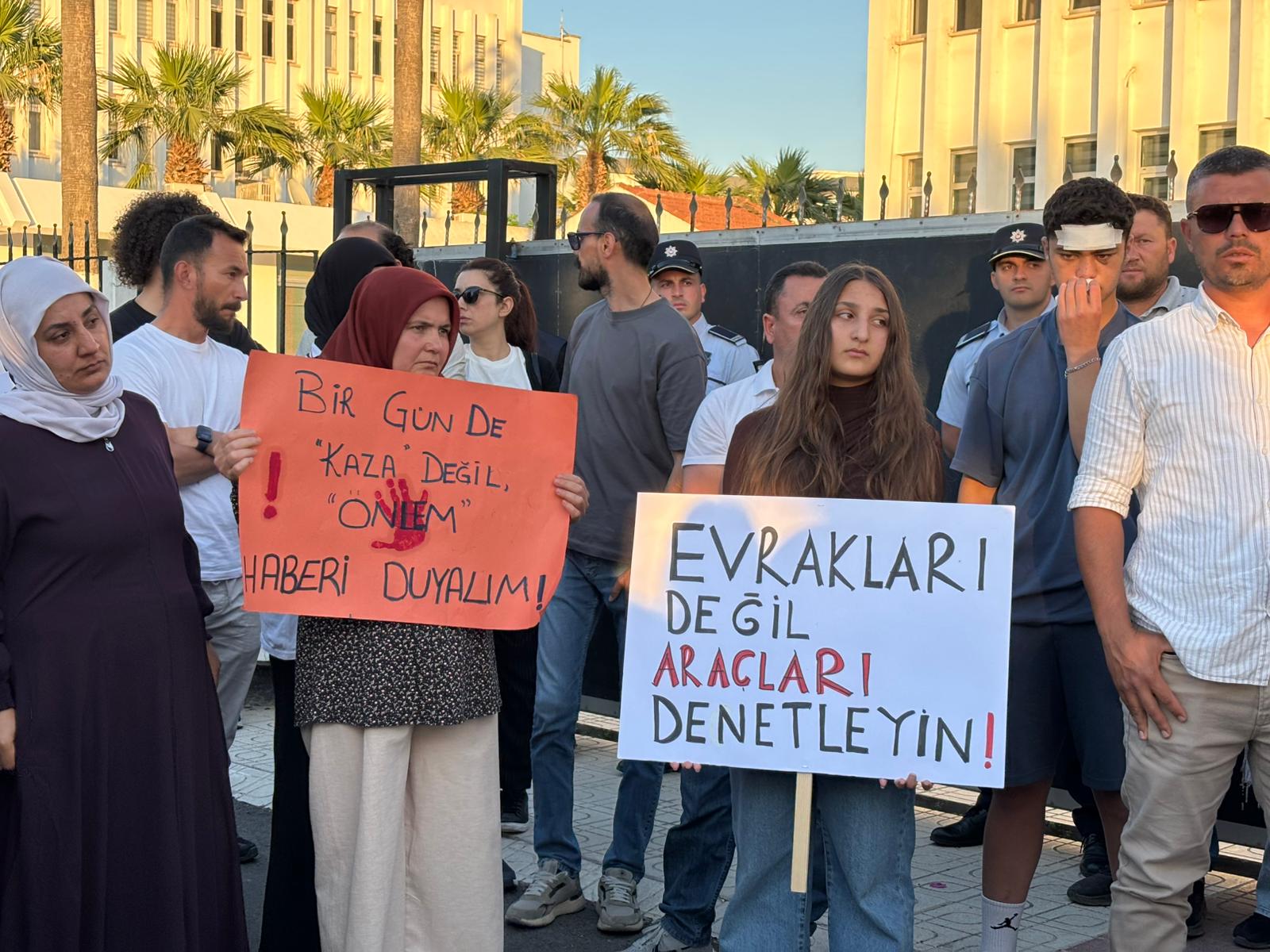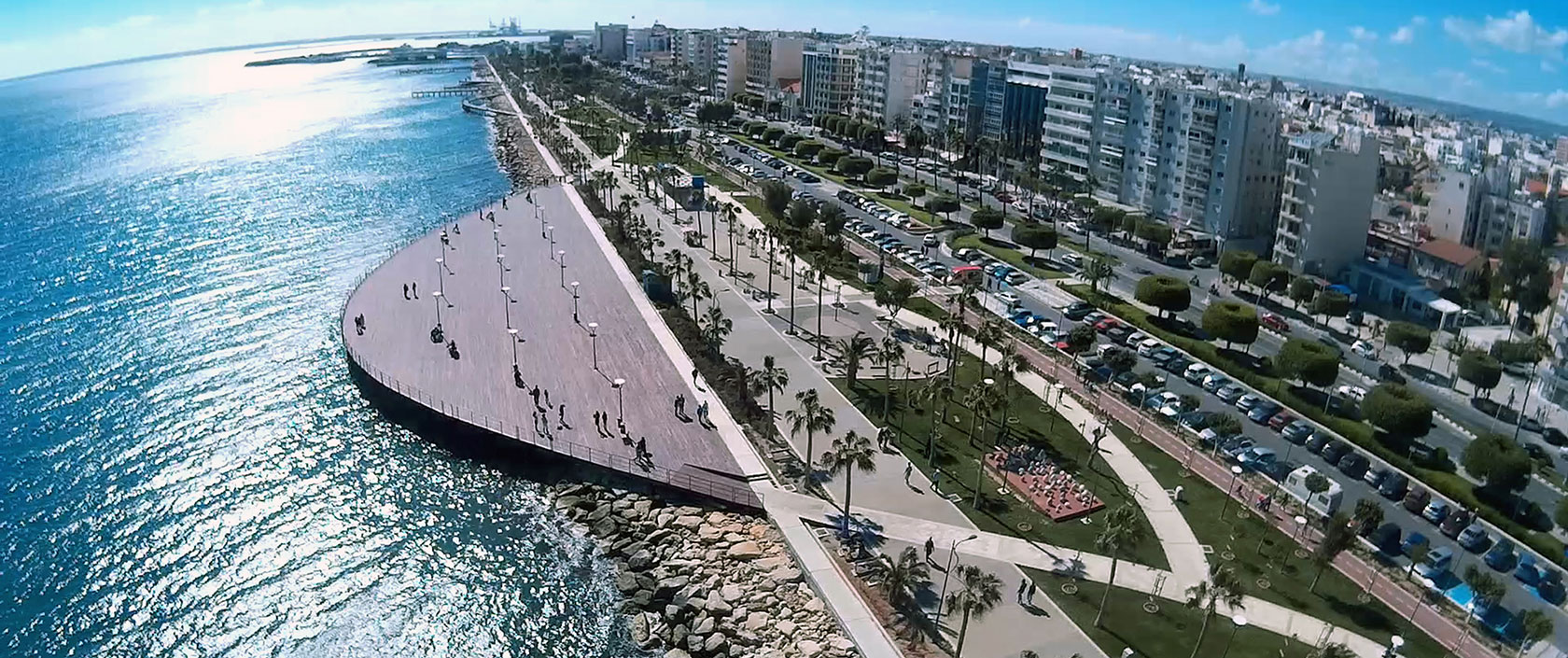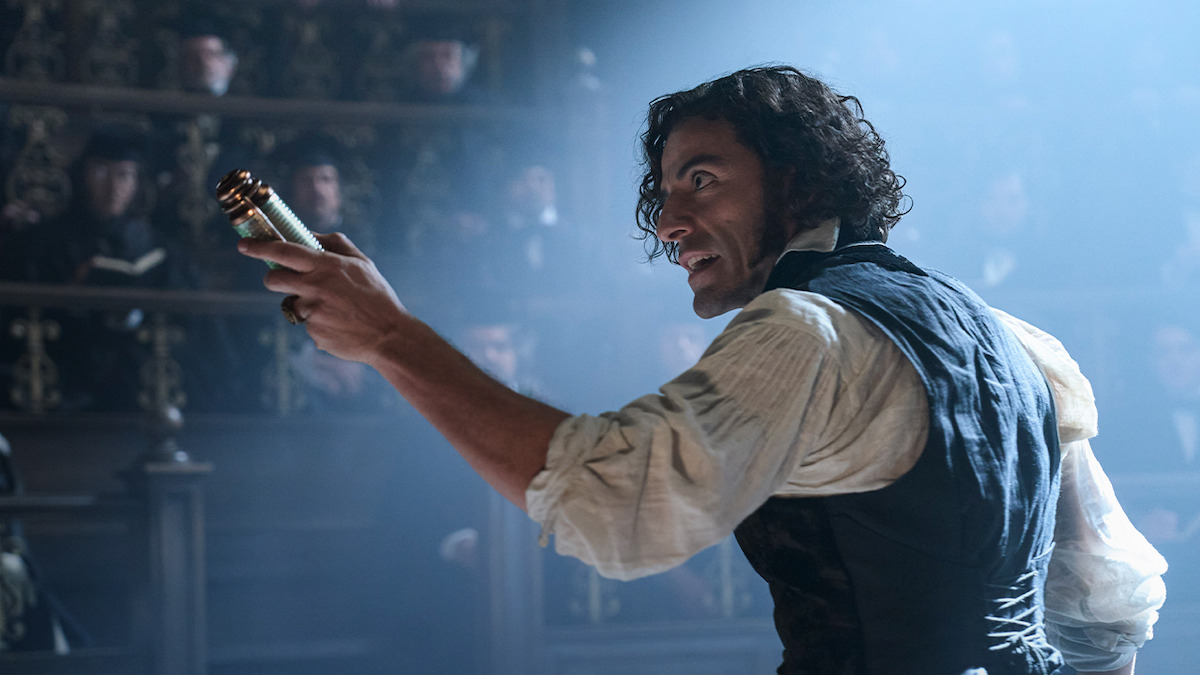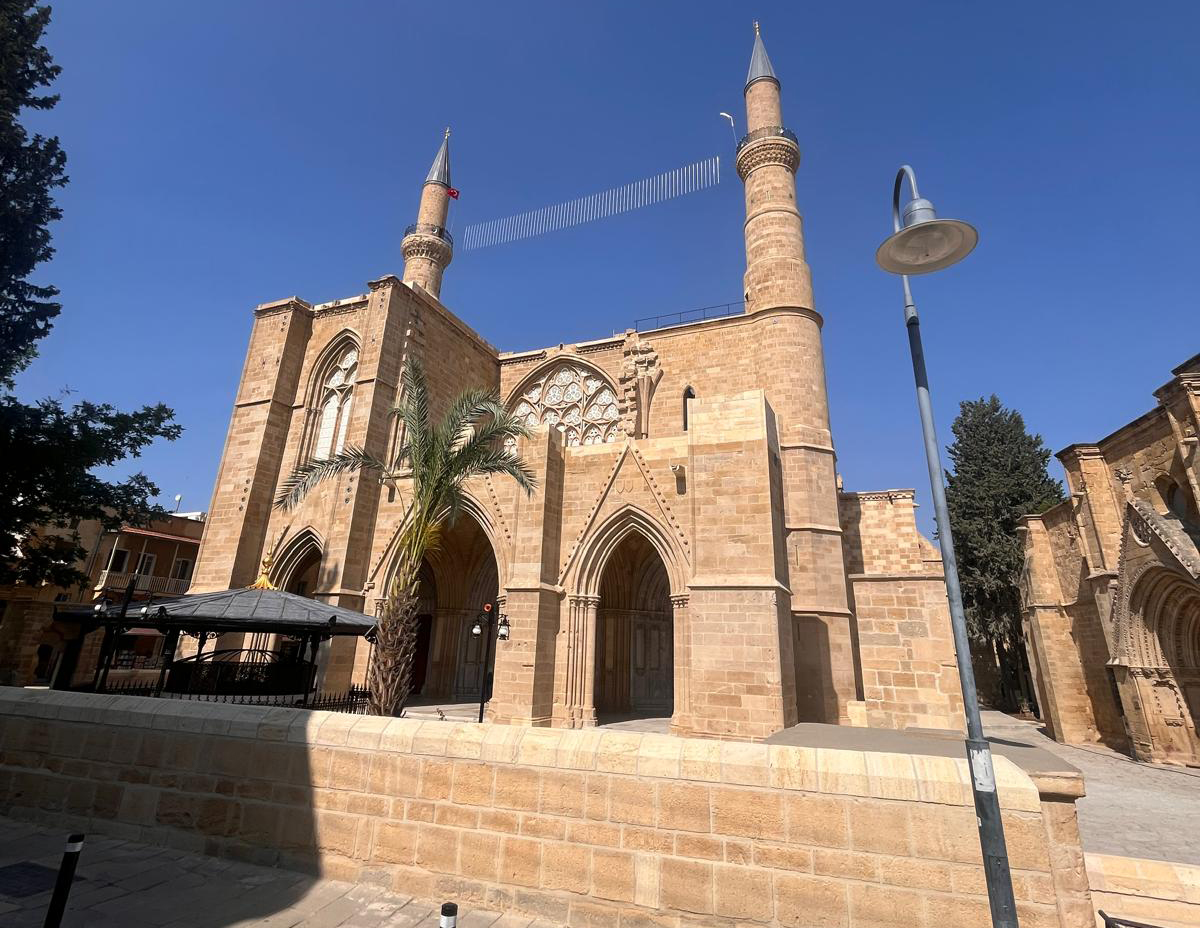Turkish Cypriots demonstrated outside the north’s ‘prime minister’ Unal Ustel’s office on Wednesday night against the ruling coalition’s alleged negligence on the matter of school transport in light of the overturning of a school bus in the Karpas peninsula village of Yialousa, which saw 28 children and the bus’ driver hospitalised.
Children, parents, and teachers were at the protest, though some were prevented from attending after the Turkish Cypriot police boarded a bus which was en route from Yialousa to Nicosia for the protest and prevented it from travelling.
The saga involving the bus the police had boarded was the first topic of a speech made by a teenage girl named Gamze Borak, who had been on the bus which crashed last week.
“Our friends wanted to be here very much. You blocked our way, but we will continue to be here. Our luck was a brake line, and its breaking was our death. Maybe you will cover up the incident, I don’t know. You say the youth are everything to you, so why are e in this state today?” she began.
“I have friends who are here today, who were on that bus but not here in this square, whom I carry in my heart at all times. Some of them still cannot walk, some still cannot get out of bed … They may not be among us today, but their voices, their pain, and there resistance are right here.”
She went on to criticise the ruling coalition directly, asking, “who put these children onto that heap of scrap metal every morning?”, and adding, “the primary duty of the state is to protect us, but it did not protect us, it neglected its duty”.
This was picked up on by Hamza Guner, a relative of one of the children who was on board the bus which crashed.
Of ‘education minister’ Nazim Cavusoglu, he said, “I will remember you every time I look at my child”, and added, “he did not even come to Karpasia to say get well soon”.

Karpasia environmental protection and social activity association chairman Firat Borak also spoke at the protest and also took aim at the ruling coalition.
“There is no sound from the education minister, the transport minister [Erhan Arikli], or the prime minister. They are all silent. What else do you expect to happen. If you say you are the government, you will protect these children,” he said.
He then also made reference to the police’s preventing of a busload of would-be protesters from travelling to Nicosia, saying, “there would have been a much larger turnout, but for some people being prevented from coming by the police”.
Cyprus Turkish secondary education teachers’ trade union (Ktoeos) secretary-general Tahir Gokcebel was also scathing of the ruling coalition.
“Those who govern us now want us to die in this country … The government is not helpless, but they are only thinking of their own positions and are consuming nature, the environment, roads, and public spaces,” he said.
Ktoeos leader Selma Eylem, meanwhile, said, “we can eliminate this rotten system by fighting shoulder to shoulder”.

A total of 29 people were hospitalised when the bus crashed last week, with family members having gathered outside northern Nicosia’s Dr Burhan Nalbantoglu hospital in the accident’s aftermath.
Blame for the accident was laid squarely at the feet of the ruling coalition by children and parents, with Arikli having said in the accident’s aftermath that the bus had overturned due to a brake failure.
In response, many were quick to point out the age and poor level of upkeep of buses across the north, with buses built in the 1950s, some with leaking roofs and mechanical malfunctions still being used to take children to and from school.
They spoke to television channel Kanal Sim, with one mother claiming that while the bus only had a capacity of 20 people, 40 people were on board.
A number of children had reportedly decided not to get on board as they “knew that the brakes of that bus were broken”.
Arikli pointed his finger at Cavusoglu and his ‘ministry’, saying that at present, school buses in the north are being run as a “profit source” and the system is “open to serious abuse”, with transport providers signing contracts directly with the ‘education ministry’.
“The inspection stations do not have sufficient equipment. Vehicle inspections are done manually. Even the worst vehicles can pass the inspection,” he said, before going on to say that “the vehicles are very old”, and that he would present the matter to the north’s cabinet.








Click here to change your cookie preferences